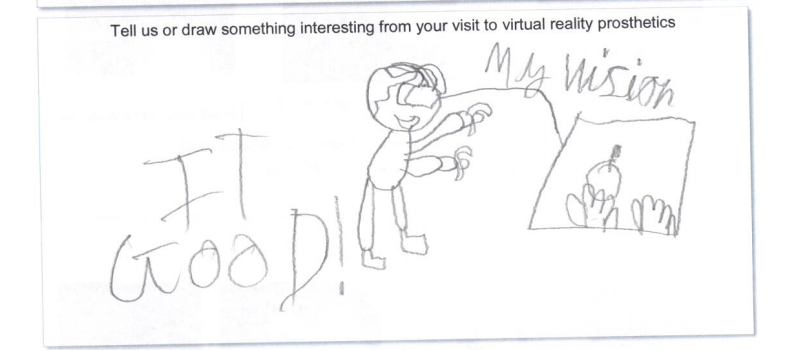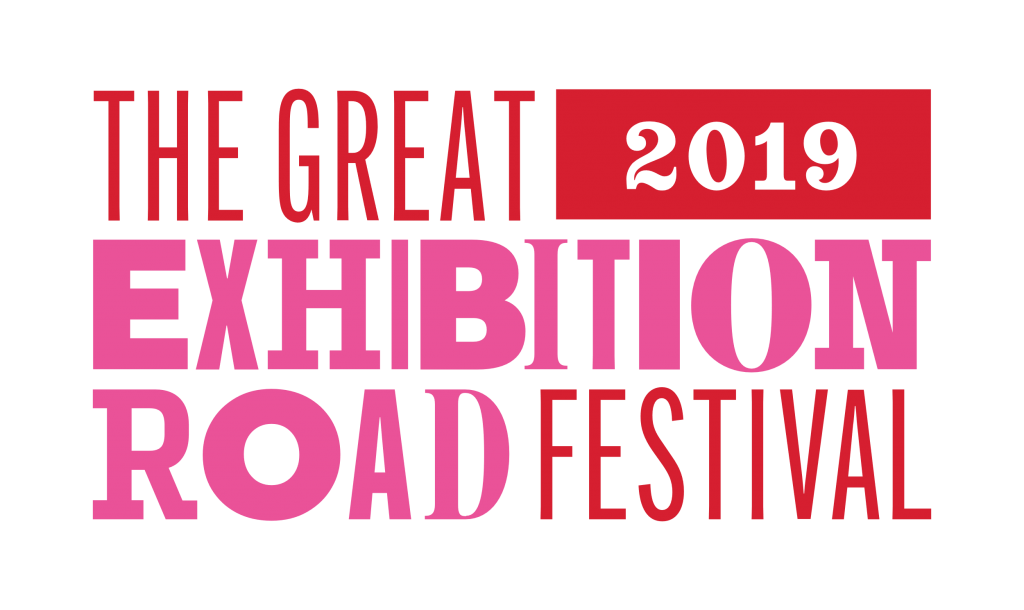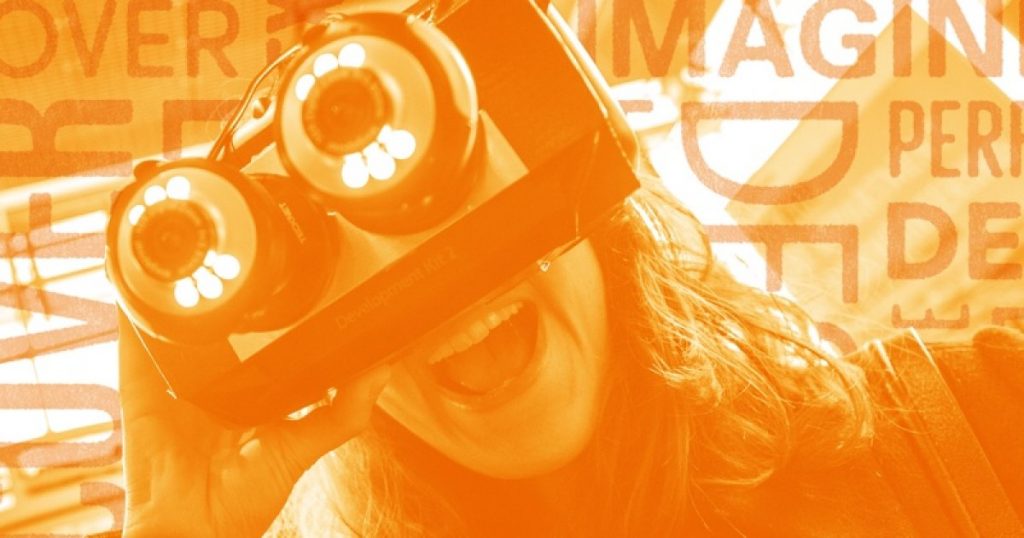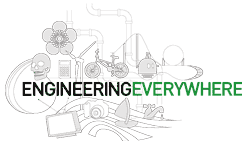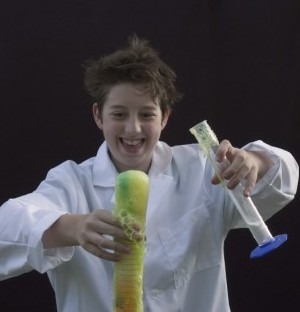Virtual Reality Prosthetics Evaluation
Client: Sheffield Hallam University
Start date: January 2016
end date: November 2017
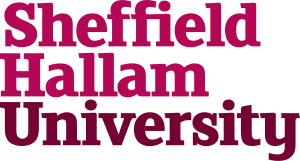
Background:
Virtual Reality Prosthetics, Body and Mind was an exhibition co-developed by a multi-disciplinary group from Sheffield Hallam University (SHU) and young people from Sheffield UTC working with local primary schools. The exhibition had its origins in a multidisciplinary project that used virtual reality (VR) as a more comfortable way for people with robotic upper limb prosthetics to learn to use their prosthetic arms.
The main aims of the exhibition were to:
- Engage with audiences who would not normally go to a science exhibition
- Create exhibits that will be inclusive and accessible to all
- Increase understanding of:
- Joint physiology and neural connections
- Prosthetics
- Lived experience of limb loss
- Ethical issues associated with limb loss
Our Approach
We used a mixed methods approach to explore the effectiveness of the exhibition in achieving its aims. As well as using observation and questionnaires, we developed a range of interactive evaluative tools to ensure participation in the evaluation was as accessible as possible and to enable wider data collection in a manner that was satisfying for the participant.
Outputs
Outputs included formal reports containing both formative and summative insights, as well as creation of both traditional and tactile evaluation tools.
